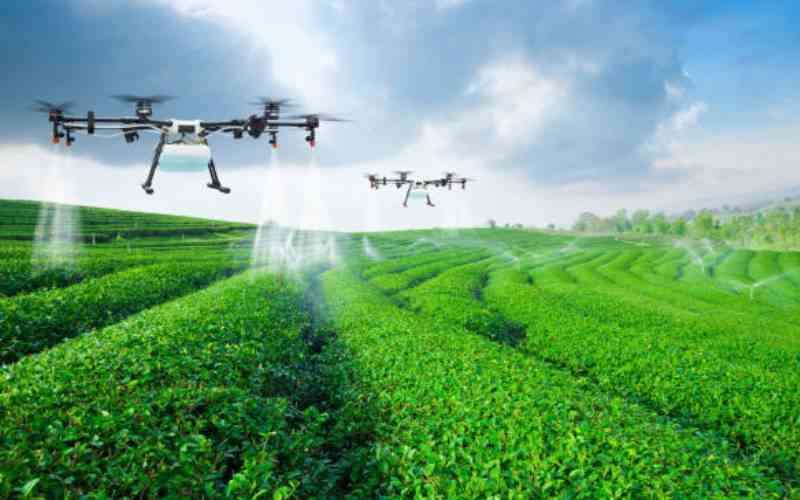×
The Standard e-Paper
Smart Minds Choose Us

Kenya Airways-owned Fahari Aviation has signed a service agreement with Kipkebe Ltd, a subsidiary of listed agricultural firm Sasini, to offer precision agricultural services.
Fahari Aviation will use drone technology on the farm to offer agricultural services such as fertiliser application and chemical spraying on the tea farm.